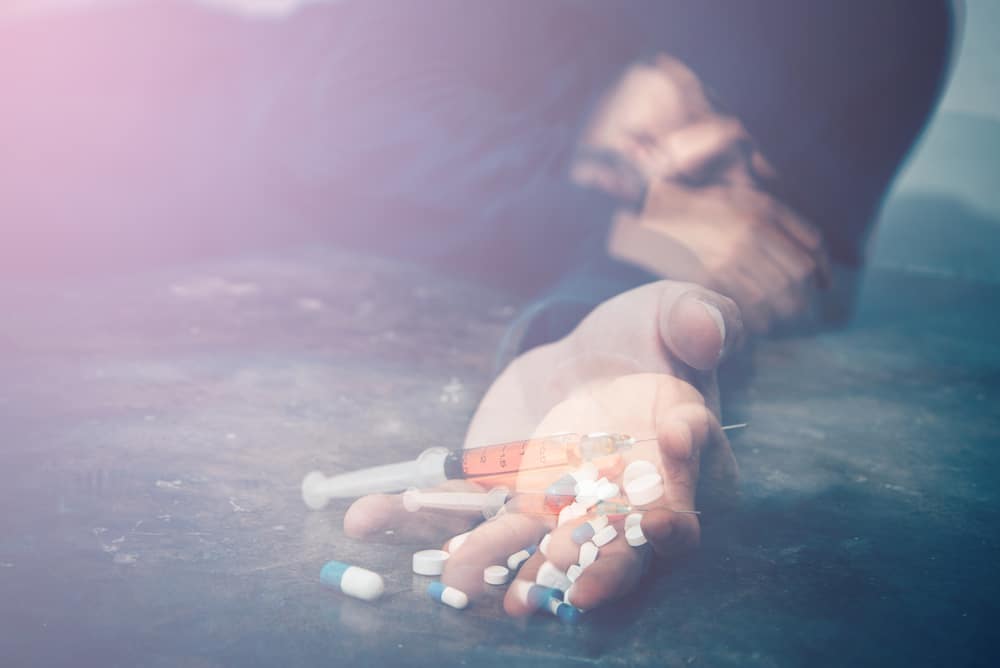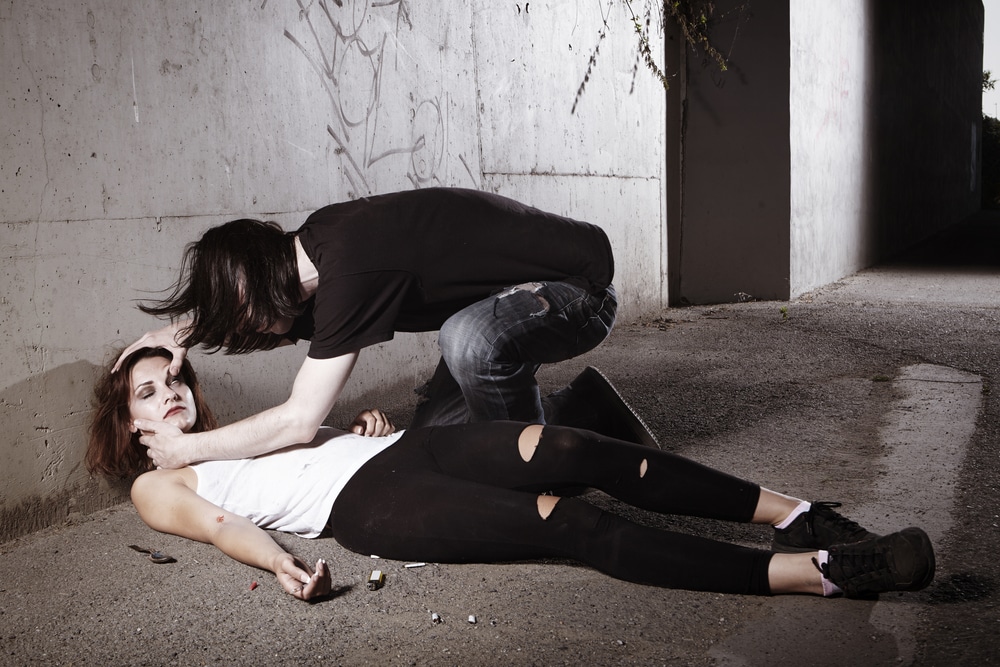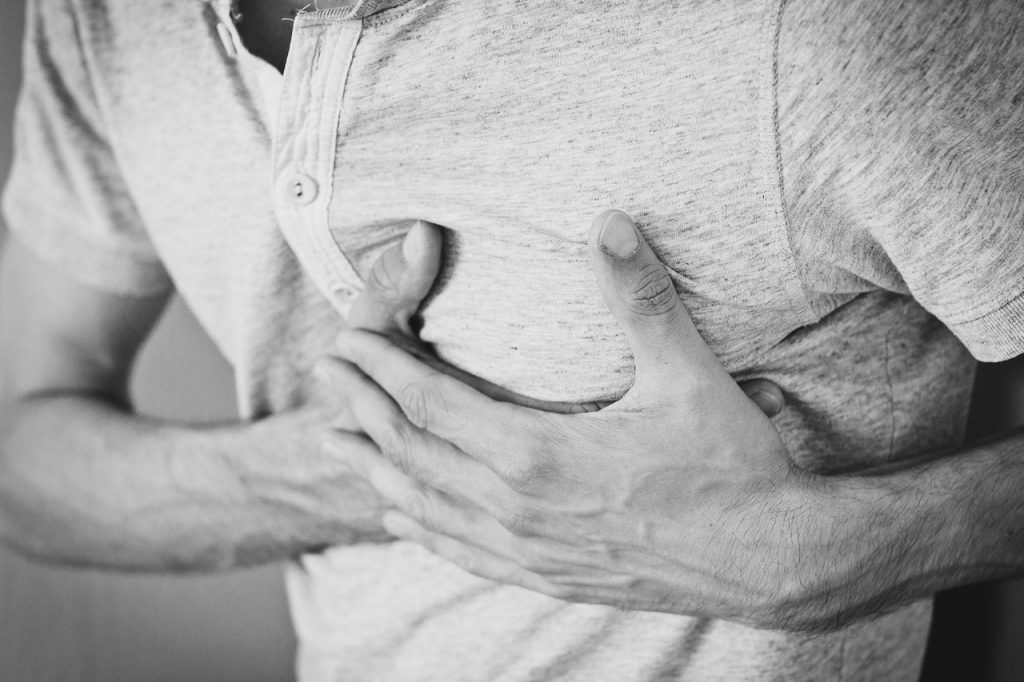

You’ve heard the saying, “too much of something is poisonous.” But it couldn’t be more true that it is with substance abuse. A prescription drug keeps the pain away. And a glass of alcohol makes you merrier at the end of the day. However, with continued use, you risk building tolerance, dependence, addiction – and eventually, overdosing.
It’s easy to assume that “stable” substance use shields you from overdosing – but that couldn’t be further from the truth. In fact, an article on CNN showed that long-term heroin users who end up with fatal overdoses are likely to have the same levels as those who overdose and survive.
The reality is that anyone can overdose from drugs or alcohol. There’s just no way to predict who and when. But later on in this article, we will discuss some factors that put one at higher risk for overdose.
A drug overdose is a medical emergency that happens when you consume a mix or too much of a substance. You can overdose on alcohol, prescription medications, illegal drugs and other substances. Overdoses are usually fatal, but most people who overdose can be saved if they get medical attention soon enough.
That’s why it is essential to familiarize yourself with the following signs and symptoms, should you find yourself in such a situation where you, or a loved one might be overdosing.

You’ll know you are overdosing when you notice some evident changes in your eyes. Narcotics like fentanyl, hydrocodone, morphine, and heroin cause the pupils to constrict, eyelids to become heavy, and eyes to water.
Changes in eye’s general motion or color are signs of intoxication. Red eyes are a common symptom of overdose for several drugs, especially marijuana, cocaine, and alcohol. This is because of the expansion of blood vessels in the eyes.
Here are some common signs of a drug overdose indicated by the eyes:
An opioid overdose causes a slow, irregular breathing pattern. If you are overdosing on opioids, you may become unresponsive or unconscious and notice that your fingernails or lips are blue. This is due to a low oxygen supply. Identifying these symptoms quickly could mean the difference between life and death, considering opioid overdoses kill about 128 people each day in the US.
Stimulants may have an opposite effect to opioids. They tend to increase the heart rate and cause chest pain, palpitations, and even stroke or cardiac arrest. When your heart is overly stressed, it may cause small muscle tears, bleeding, and severe pain.
Some common signs of overdose indicated by the heart and chest include:

Depressant overdose may result in loss of consciousness. Stimulant overdose, on the other hand, will cause aggressiveness, agitation, and anxiety. When you overdose on stimulants, depressants, or both, you may find that you are violent or aggressive – and that your behavior is largely unpredictable.
You may also feel confused and disoriented. In this case, you’ll find that you’re talking rapidly or nonsensically. You may fall, stumble, scream, or cry. And even if you are still conscious, you may notice that you aren’t in touch with your surroundings or able to maintain balance. So basically, you’ll know you are overdosing when you are:
Of course, you won’t know about your unresponsiveness or unconsciousness until later on when you recover. Unconsciousness happens when the brain cells shut down because of the overwhelming amount of toxins in your body.
Vomiting is your body’s way of getting rid of any toxic substance from the gastrointestinal system. It is perhaps the easiest way to tell you are overdosing since it’s more of a physical reaction. Sadly, you may vomit while unconscious, which makes it a choking hazard because you won’t be able to expel it. If this happens, you may suffer brain damage or even death. Vomiting is often accompanied by nausea.
Overdosing from alcohol or stimulants, like cocaine or methamphetamine comes with a risk of seizures. A seizure is a medical emergency; therefore, calling 911 as soon as you notice early signs like trembling and shivering can help save a life.
In extreme cases of drugs or alcohol overdose, you may end up dead. Drug overdose deaths are so common that there were 67,367 cases in the US in 2018 alone. While data for 2019 and 2020 has yet to be finalized, provisional data from the CDC suggests that drug overdose deaths are on a steady increase. The provisional data from 2020 shows a 13.2% increase in drug overdose deaths from the prior year. According to the Centers for Disease Control and Prevention (CDC), opioids, particularly synthetic opioids, are the main driver of drug overdose death.
These are only a few signs and symptoms of overdose – and they may vary from person to person. If you are experiencing an overdose, you should get immediate attention from medical professionals. Calling 911 can be a great way to access emergency help. The operator will ask about your symptoms and provide critical information about the things you should do as you wait for the ambulance to arrive.

You can overdose unintentionally for a range of reasons – like when you:
In many cases, drug overdoses are unintentional. When you start taking a drug, your body builds tolerance. So you’ll need to take more and more to achieve the same effect you did when you started. Failure to do so will lead to withdrawal symptoms.
In unintentional overdose deaths, many events can happen that increase your chances of overdose. For instance, illegal street drugs often mix with other substances – so you may not know how much of the drug is in each hit. Again, since illicit drugs are never labeled, a hit can be more potent than you anticipated.
Other common risk factors for overdosing include:
But it is also possible to overdose intentionally, when seeking a desired effect – to harm yourself or get high. If you’re overdosing to harm yourself, you should know that there are better ways to deal with the “unmanageable feelings.”
Intentional overdose can happen when you have an untreated mental disorder like anxiety, depression, and so on. If this is the case, it’s essential to seek treatment through a licensed rehab center that knows how to treat comorbid health conditions.
A drug overdose is a medical emergency and should not go unreported. Many states apply the Good Samaritan laws that protect you or anyone who calls 911 to report the emergency. So you don’t have to worry about ending up on the wrong side of the law.
Substance use disorder is one of the main causes of drug overdosing. It is, therefore, critical to seek help soon to avoid the severe consequences of an overdose. While knowing the signs and symptoms of an overdose is essential, treatment at a rehab center is the best way to safely detox, identify any underlying mental health issues, recover and lead a healthy life.